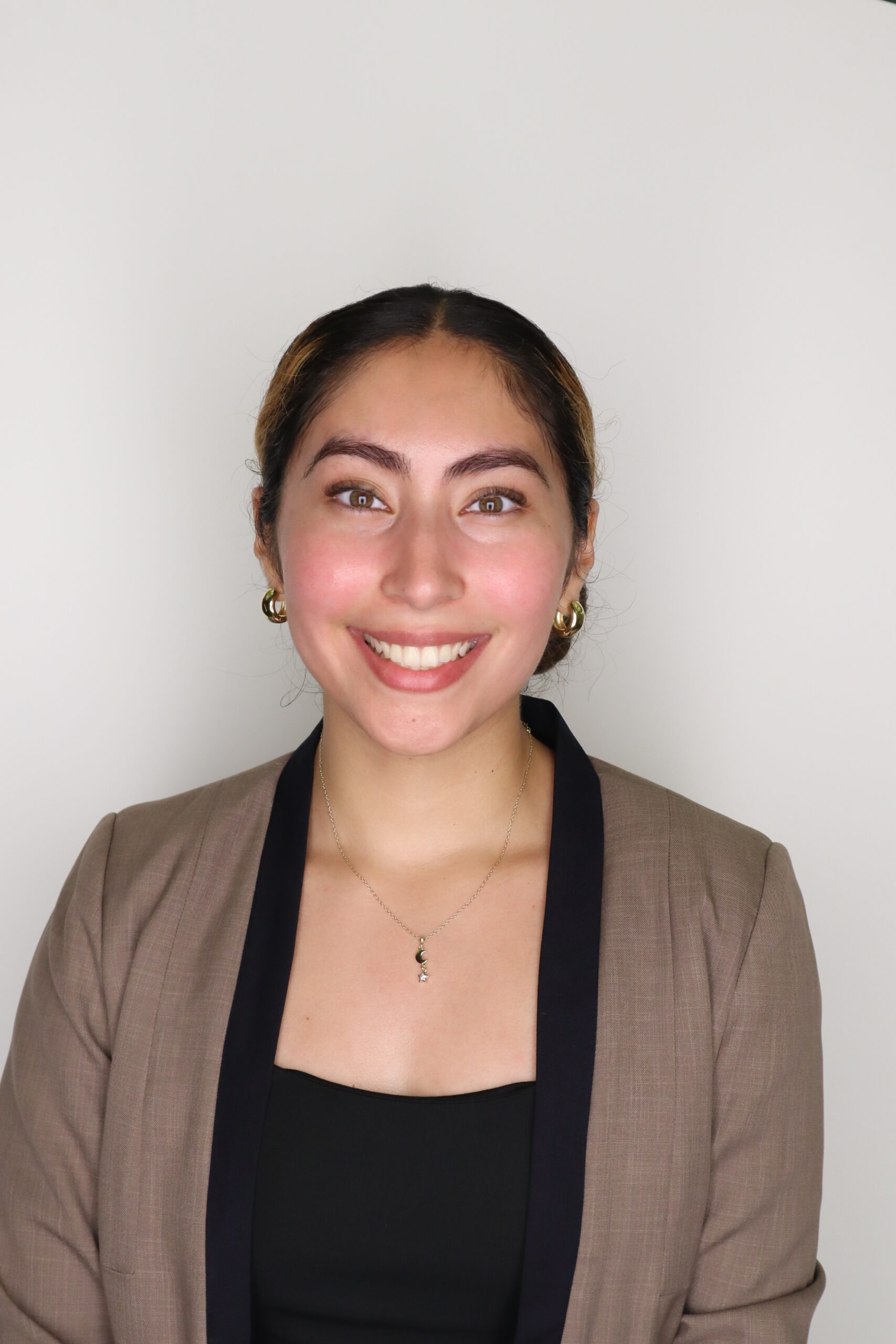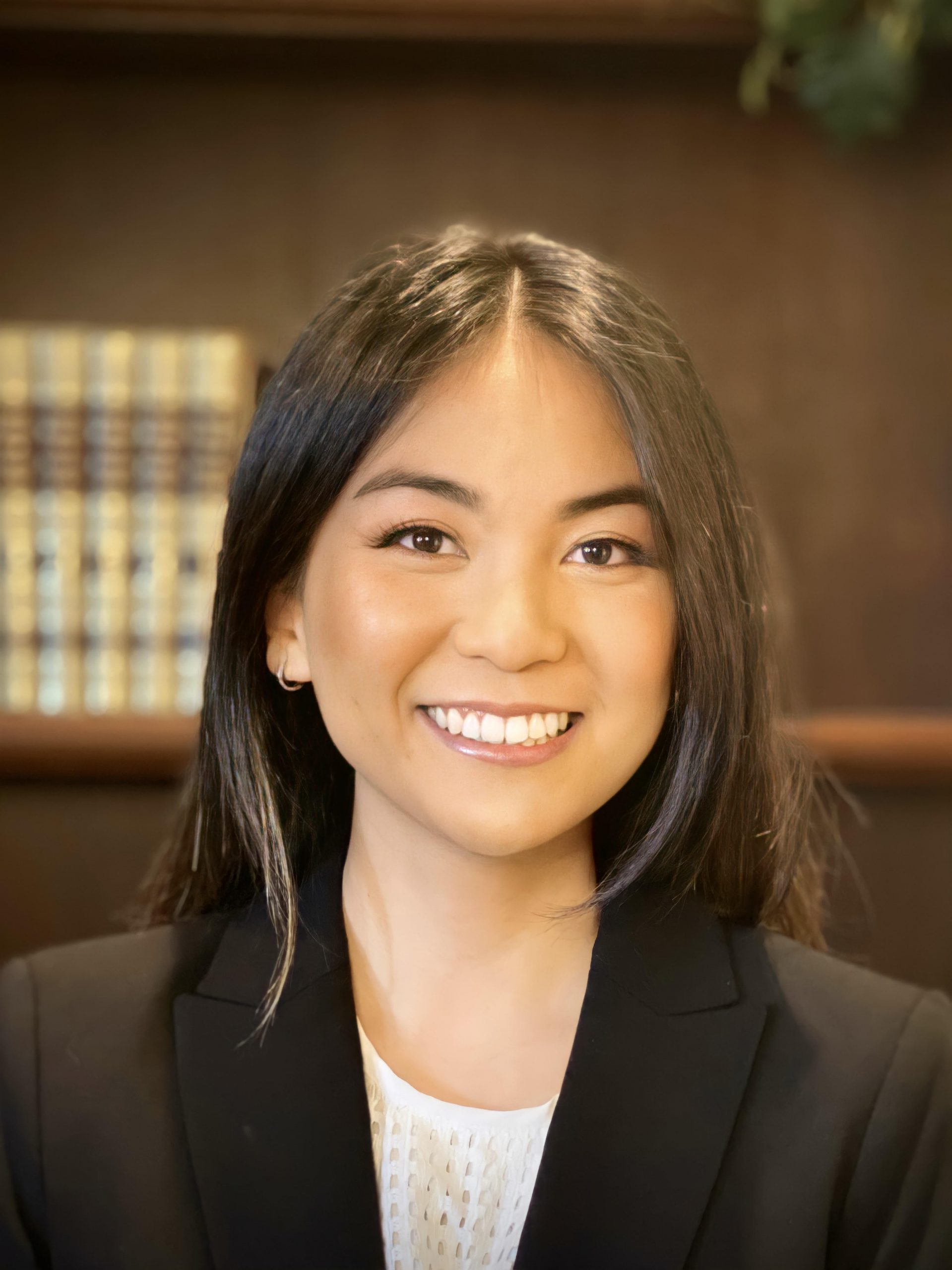Sign Up for Part 2: Oral Advocacy 101 >
Sign up for Part 3: Issue Spotting >
Legal writing is often overlooked in law school, and yet it is one of the most crucial skills for new, first generation lawyers.
This class will teach you strategies for persuasive and accessible legal writing, including writing for the busy reader, easy approaches for starting briefs, and how to write in a team. From cleaning up your grammar to avoiding legalese, learn how better writing helps your clients by helping your judge. Join us for the writing training you didn’t get in law school, but wish you had.
This workshop is part of Leaders Forum Legal Skills Series, a joint collaboration between ChangeLawyers + John Paul Stevens Foundation.
Panelist

Tiffany Gates
(she/her)
Tiffany J. Gates graduated from UC College of the Law, San Francisco (formerly, UC Hastings) and is a specialist in appellate law certified by the State Bar of California Board of Legal Specialization.
In her solo practice, she drafts and responds to discovery motions, dispositive motions, post-trial motions, appellate briefs, and writ petitions exclusively on behalf of plaintiffs in various types of civil cases—including but not limited to personal injury, medical malpractice, wrongful death, product liability, and consumer class actions. She also represents indigent criminal defendants in their appeals from felony convictions as a panel attorney for the First District Appellate Project. And from September 2016 to May 2023, she served as a supervising attorney for the Hastings Appellate Project, where she guided third-year law students in their representation of undocumented immigrants before the Ninth Circuit Court of Appeals in proceedings to challenge final orders of removal.
Tiffany’s work in the appellate courts has resulted in numerous published opinions, including favorable decisions from the First District Court of Appeal in Filosa v. Alagappan (2020) 59 Cal.App.5th 772, People v. Johnson (2022) 79 Cal.App.5th 1093, and Pacific Fertility Cases (2022) 85 Cal.App.5th 887, and from the Ninth Circuit Court of Appeals in Diaz-Reynoso v. Barr (9th Cir. 2020) 968 F.3d 1070.








